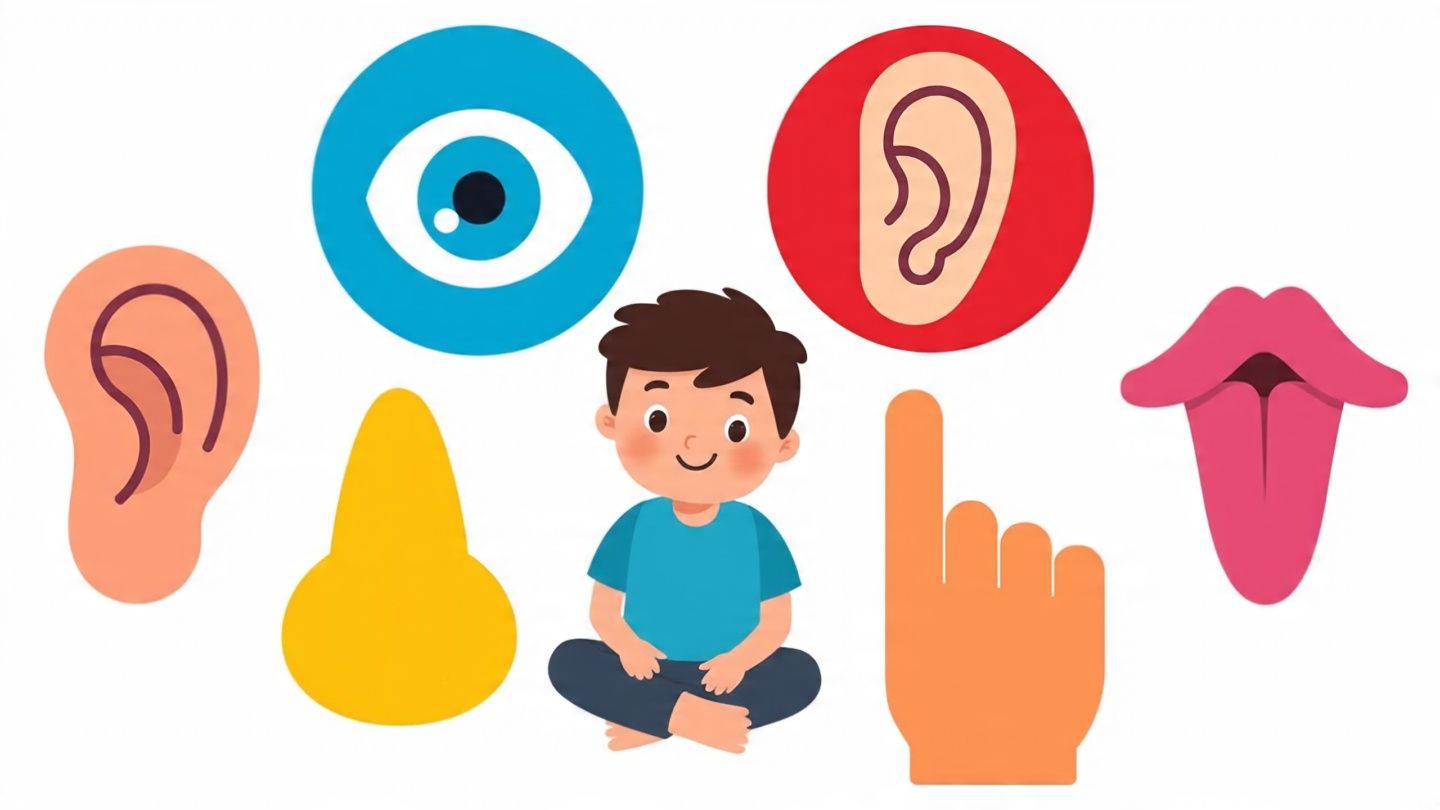Importance of Sharing for Kids
Sharing is a vital social skill that every child needs to learn from a young age. It helps children build meaningful relationships, understand empathy, and grow into kind, respectful adults. But teaching kids to share isn’t always easy—it takes time, patience, and the right guidance from parents and teachers.
Why is Sharing So Important?
Sharing allows kids to play together, solve problems, and enjoy experiences collectively. It teaches them cooperation, patience, and fairness. When a child learns to share, they also begin to recognize the needs and feelings of others, which boosts emotional intelligence.
Building Empathy Through Sharing
When kids share their toys, snacks, or time, they start understanding how it feels to give and receive. This helps them put themselves in others’ shoes, a key part of empathy. Children who share are often more liked by their peers and are better at making and keeping friends.
Teaching Sharing Through Everyday Situations
You can teach your child to share by creating opportunities during playdates, family meals, or classroom activities. For example, when your child plays with a sibling, encourage them to take turns with their favorite toy. Praise them when they do well—it reinforces the behavior.
Stories and Role Play
Using short stories and role-play can also help kids understand sharing. Create simple stories where characters face sharing challenges and find joy in cooperating. This makes the concept relatable and fun for young minds.
Setting an Example
Children learn by watching adults. When they see parents sharing food, helping others, or offering time, they are likely to mirror the same behavior. A simple act like sharing your umbrella on a rainy day can become a teachable moment.
Helping Kids Overcome Challenges
Sometimes children don’t want to share, and that’s natural. Instead of forcing them, help them understand why it’s good to share. Use positive language and be patient. Allow them to express their feelings while gently guiding them towards generosity.
Games That Promote Sharing
Games that involve teamwork are excellent for practicing sharing. Activities like building blocks together, group painting, or passing a ball in a circle can make sharing part of the fun. Children learn best when they are having fun!
Creating a Sharing Environment
At home or school, you can set up zones where children are encouraged to share. Keep common toys in a shared basket or use community art supplies. This fosters a sense of joint ownership and respect for others’ belongings.
Celebrating Sharing
When a child shares, make sure to recognize and appreciate it. A kind word, a high-five, or a reward sticker can do wonders. Positive reinforcement strengthens the habit and boosts the child’s confidence.
Conclusion
Sharing is more than just giving a toy or a treat—it’s about building bonds, understanding others, and becoming a better person. By teaching the importance of sharing through love, patience, and consistency, we help children grow into caring and socially responsible individuals.



Leave a Reply